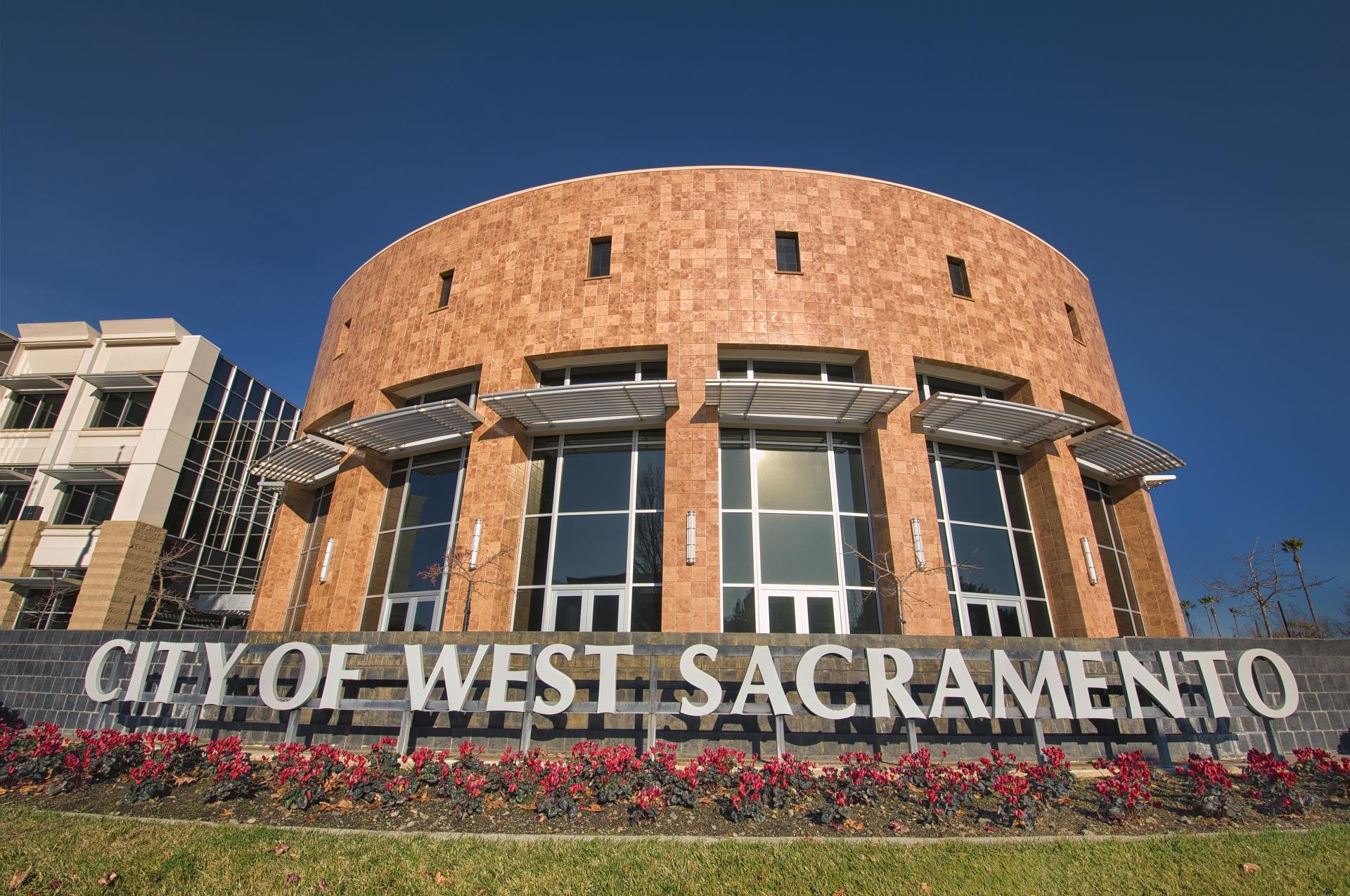
West Sacramento Accountable Communities for Health Initiative
The City of West Sacramento lies just across the river from California’s state capital, in the middle of the Central Valley. It is home to state government, agriculture, business and housing of all types, as well as an ethnically diverse population of 53,000. Nearby farmland, and the University of California at Davis, help attract a wide array of businesses and residents working in food and agriculture.
While once named “the most livable city in America,” the fruits of that designation haven't been equitably distributed—West Sacramento has the greatest health disparities of all cities in Yolo County.
That fact sparked the creation of the West Sacramento Accountable Communities for Health Initiative (WSACHI), an ACH supported by the Health Education Council (HEC), its local backbone organization. WSACHI launched in 2017 as a part of the California Accountable Communities for Health Initiative (CACHI)’s first ACH cohort, with support from many partners in government, agriculture, community-based organizations, health plans, community clinics and faith groups.
When these partners first began, they agreed to focus on heart disease, a significant health disparity identified through public health and hospital data assessments. To tackle this challenge, WSACHI went upstream of the problem, identifying four priority areas—healthy food, walkability, social connection and access to COVID-19 resources.
During its first six years, the ACH created sustainable multi-sector partnerships, engaged hundreds of residents and distributed COVID-19 grants to community members launching innovative projects that address ACH priorities. WSACHI also mobilized community resources around food insecurity and supported a citywide flavored tobacco ban.
“After the pandemic, we asked our partners and residents if these were still the right priorities,” says Debra Oto-Kent, MPH, HEC’s founding executive director. “Everyone agreed that we should broaden our scope by adding housing security and mental health services—all factors that impact overall health, not just heart disease.”
Consequently, WSACHI selected Strengthening Community Resilience as its signature state program of focus. This will guide ACH efforts towards aligning local, state, federal and private resources around resident priorities and whatever the greatest community need is at any given time—all informed by a local advisory board.
One key to building resilience is increased social connection, which supports all identified priority areas. ACH members are committed to integrating social connection into their collective work. Additionally, ACH leaders are exploring community hubs that can link Medi-Cal recipients to community resources.
“Some local government partners have expressed interest in expanding our ACH countywide,” says Peggy Agron, HEC’s ACH lead. “Or we could even see multiple ACHs sprout up to serve various communities. Either way, we’re excited to explore ways to have greater impact on our community’s health, and leverage what we’ve learned so far.”
For more information visit healthedcouncil.org/what-we-do/programs/access-to-hlth-srvcs/west-sacramento-accountable-communities-for-health-initiative.html.
ABOUT CACHI
The California Accountable Communities for Health Initiative (CACHI) was established to spearhead efforts to modernize our health system and build a healthier California. To realize this vision, CACHI utilizes a model known as Accountable Communities for Health (ACH), where multiple sectors align goals and collaborate to address the leading health issues facing our communities.

